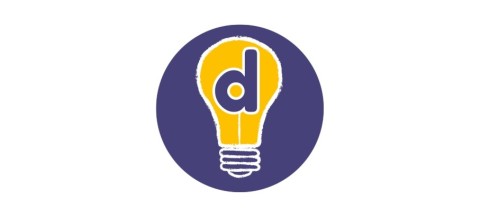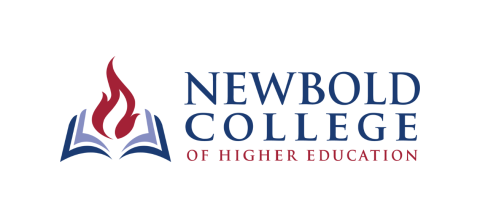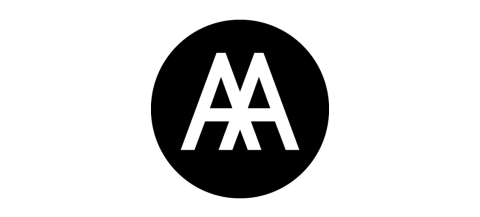The governance arrangements of independent providers are often different from those adopted by traditional universities and colleges and the Code is tailored to the diverse contexts in which these providers operate – be they micro companies or SMEs, charities or multi-national businesses, pathway providers, subject specialists, OfS registered or not.
The ten principles of the Code of Governance for Independent Providers of Higher Education are:
- Clarity: Every provider must establish an appropriate governance framework through which decisions about the organisation’s short, medium and long term needs and objectives are made, with a clear primary decision-making or governing body (the board), and clear division of responsibility between governance and management.
- Collective Responsibility: The board should be an effective, primary decision-making body with collective responsibility for the long-term success of the provider and for determining the organisational objectives, values, culture and strategy necessary to deliver that long-term success.
- Academic Governance: There should be an appropriate framework in place for academic governance and the management of academic risk which ensures that academic standards are maintained and quality is enhanced.
- Risk Management: The board should have oversight of key policies and procedures, and should have overall responsibility for risk management and internal control.
- Size and Skill: The board should be of an appropriate size and composition and have the requisite skills to discharge its responsibilities under this Code.
- Effectiveness: The board and any committees should discharge their duties in an effective and efficient way.
- Integrity: Board members should discharge their duties to a high standard of professionalism, act with integrity, and conduct themselves openly and transparently, with appropriate regard to confidentiality.
- Remuneration: Remuneration of board members and senior staff at the provider should be appropriate and designed to support the strategy and long-term sustainable success of the provider.
- Fair Reporting: External reporting should be fair and balanced, and minutes of board meetings (and key committees) should be published unless they relate to confidential matters.
- External and Student Engagement: There should be an appropriate level of dialogue between the board and the provider’s shareholders and other stakeholders, and appropriate engagement with students.



